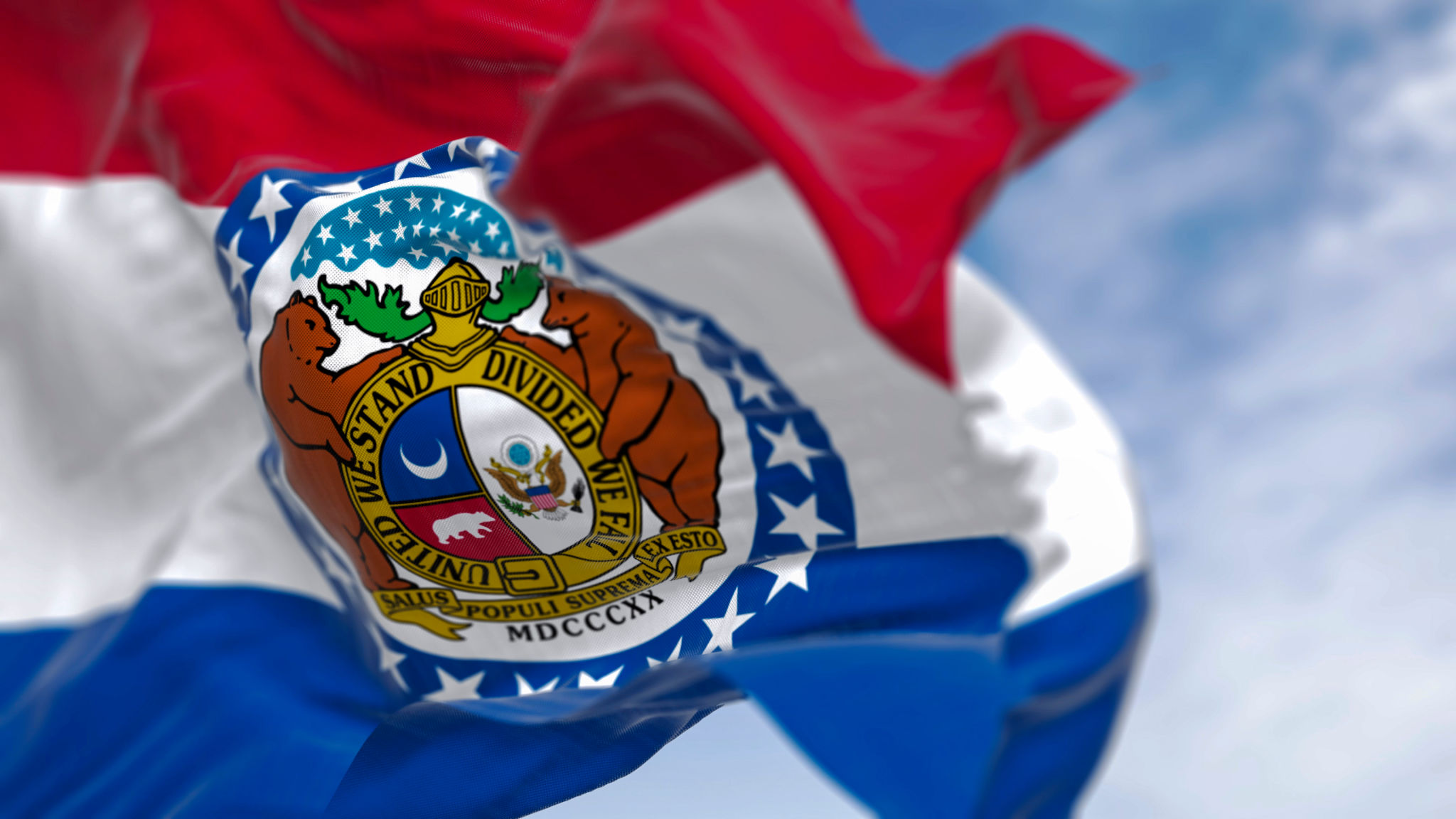A Guide to Understanding Supreme Court Rulings on Travel Rights for Native Americans
Introduction to Travel Rights for Native Americans
Understanding the travel rights of Native Americans can be complex, especially when considering the role of the Supreme Court in defining these rights. Over the years, various rulings have impacted how these rights are interpreted and implemented. This guide aims to clarify some of the significant Supreme Court decisions that have shaped travel rights for Native American communities.
The Foundation of Native American Travel Rights
Native American tribes are recognized as sovereign entities with certain inherent rights, including the right to travel. This sovereignty is rooted in treaties and agreements made with the U.S. government. However, these rights have often been challenged and redefined through legal battles that reach the Supreme Court.

Key Supreme Court Cases
Several landmark Supreme Court cases have addressed travel rights for Native Americans. One such case is Worcester v. Georgia (1832), which established that state laws do not apply within Native American territories, thereby affirming their right to self-governance and travel without state interference.
Another pivotal case is McClanahan v. Arizona State Tax Commission (1973), which reinforced that states cannot impose taxes on Native Americans within their reservations, indirectly supporting their economic freedom to travel and conduct commerce.

The Impact of Recent Decisions
In more recent years, the Supreme Court has continued to address issues related to Native American travel rights. The decision in Herrera v. Wyoming (2019) reaffirmed treaty rights that allow certain tribes to hunt on unoccupied lands, a form of travel that is crucial for cultural and subsistence purposes.
These decisions highlight the ongoing struggle to balance state interests with tribal sovereignty, often requiring the Supreme Court to act as an arbiter in disputes over jurisdiction and rights.

Challenges and Legal Interpretations
While the Supreme Court has played a vital role in defining travel rights, challenges remain. Legal interpretations can vary, and new cases continue to test the boundaries of these rights. Issues such as border crossings, transportation regulations, and modern treaty interpretations pose ongoing legal challenges for Native communities.
The Role of Advocacy and Support
Advocacy groups play a crucial role in supporting Native American travel rights by bringing cases to court and raising awareness about issues affecting tribal sovereignty. These organizations work tirelessly to ensure that the voices of Native communities are heard in legal proceedings.

Conclusion
The Supreme Court's rulings on travel rights for Native Americans are a testament to the complexity of balancing tribal sovereignty with federal and state interests. By understanding these landmark decisions and ongoing challenges, we can better appreciate the legal landscape that shapes the freedom and autonomy of Native American tribes today.